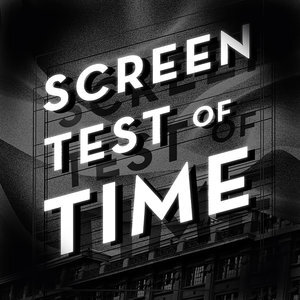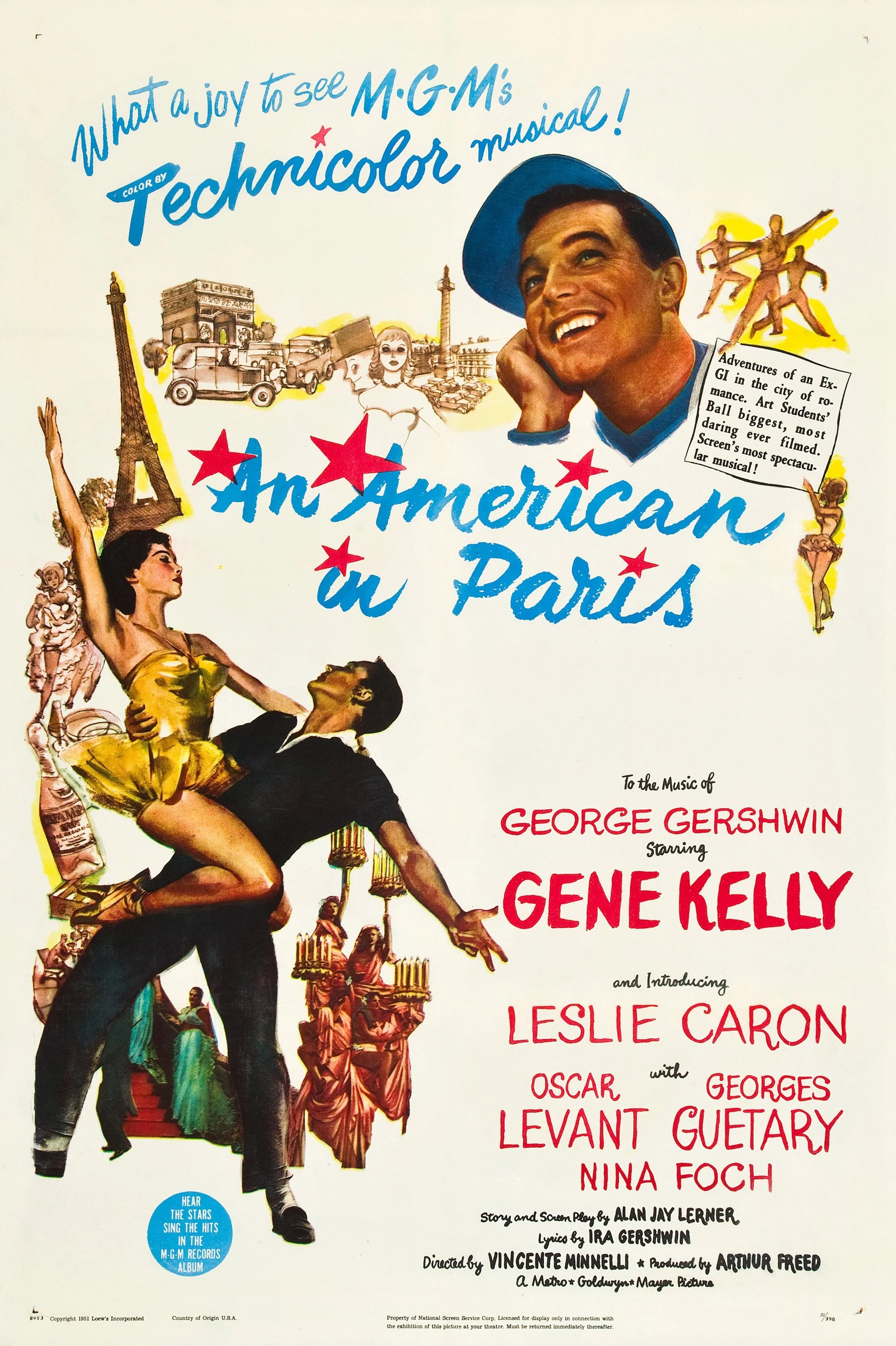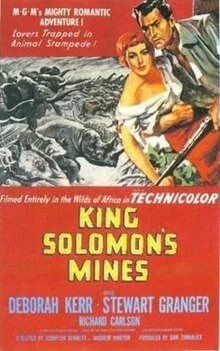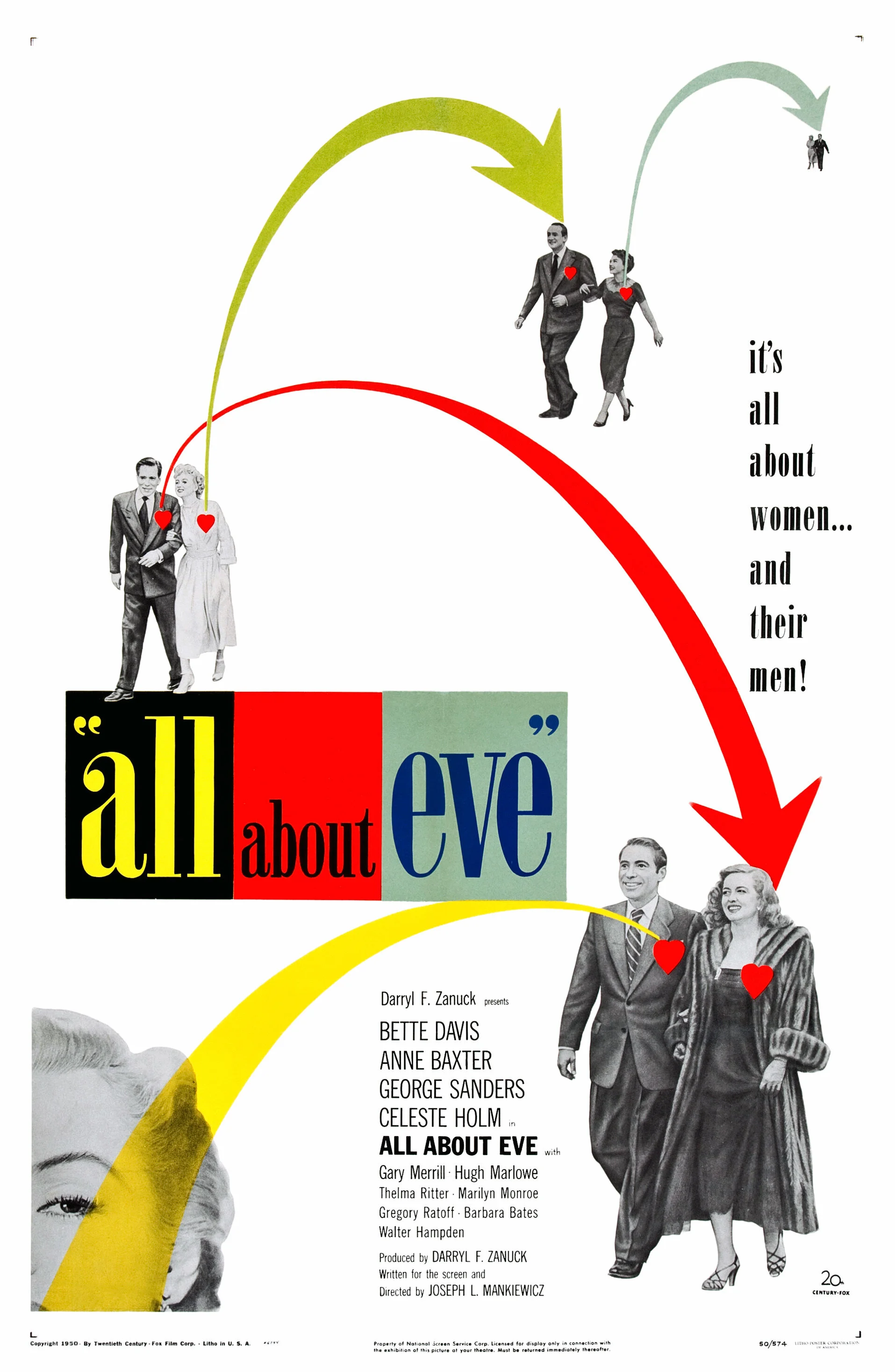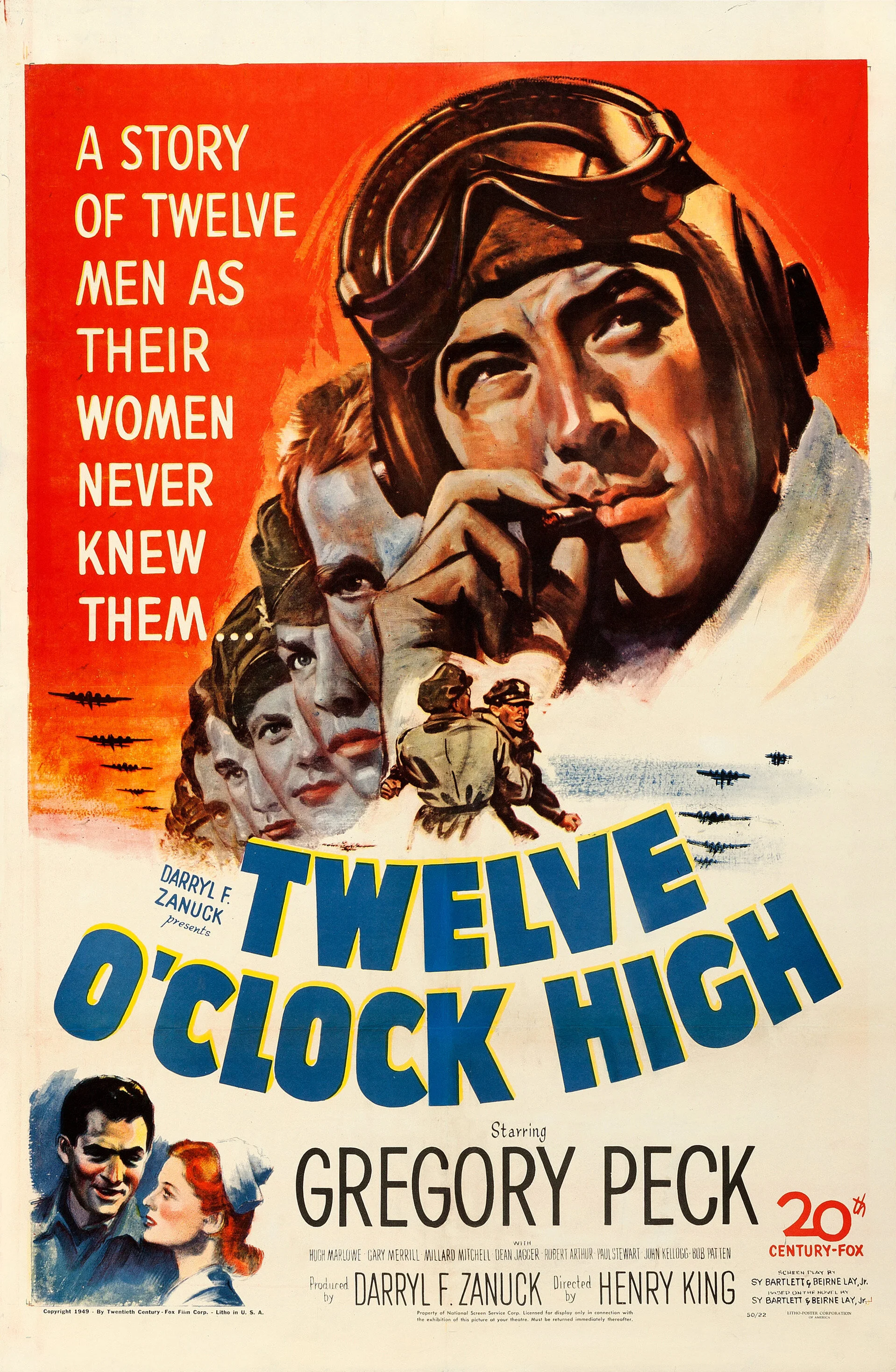ABOUT THE EPISODE:
An American in Paris was the winner of the 1951 nominees for Best Picture, entirely because of the 17 minute, half a million dollar dream ballet at the very end to Gershwin's orchestral composition of the same name. That’s it. There is no other reason.
SHOW NOTES
Year Eligible: 1951 (Won)
Additional audio from An American in Paris (1951)
(Explicit language, as always)
